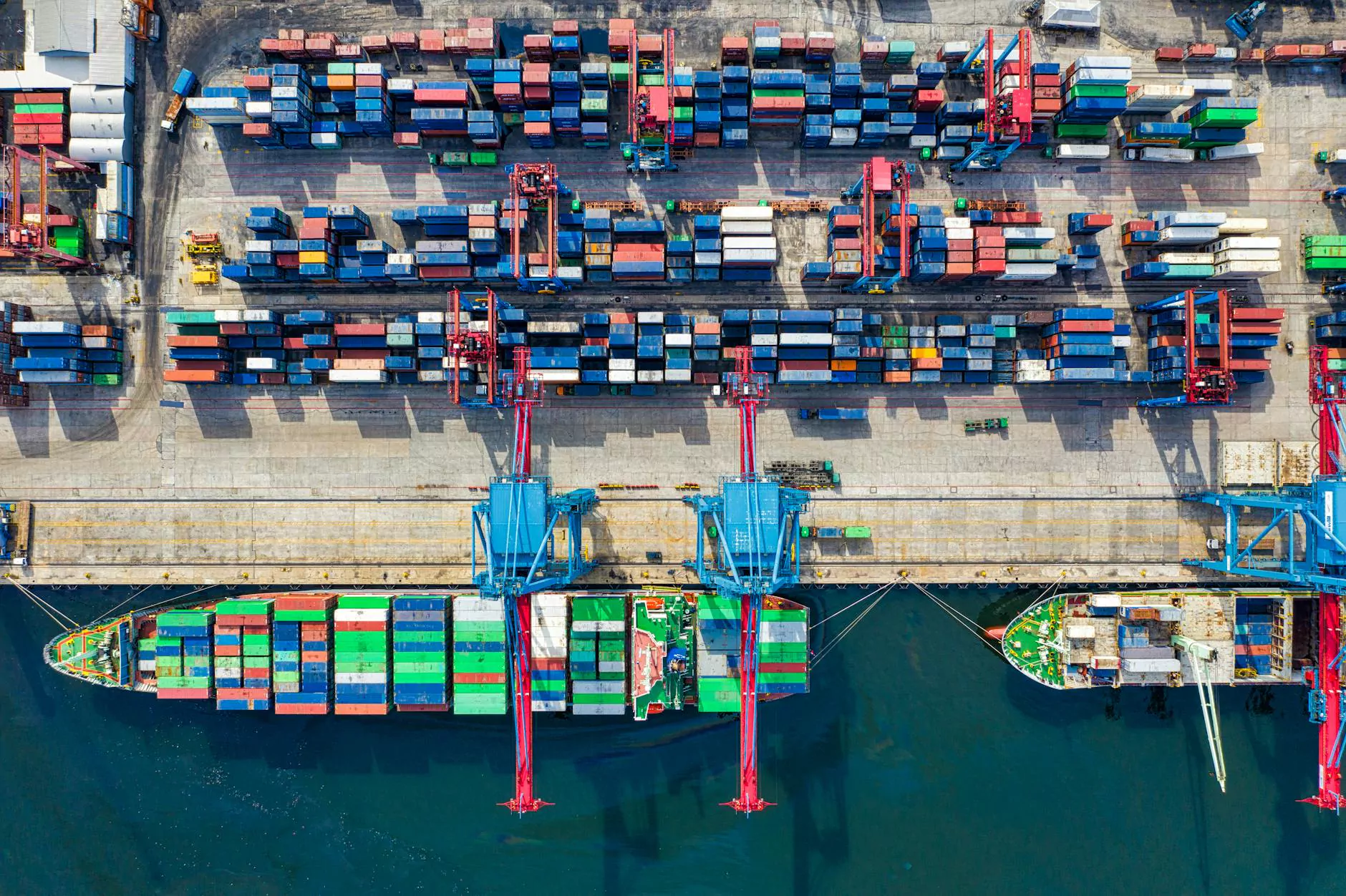The Comprehensive Guide to International Air Freight Rates

Understanding International Air Freight Rates
International air freight rates represent an integral aspect of the shipping industry, particularly for businesses with global reach. This pricing structure is essential to understanding how goods are transported across countries efficiently. With the rise of e-commerce and global supply chains, knowing these rates is crucial for businesses looking to optimize their logistics and shipping strategies.
What Influences International Air Freight Rates?
The determination of international air freight rates is influenced by several factors. Below are the key elements that impact these costs:
- Flight Distance: The distance between the origin and destination plays a significant role. Longer journeys typically incur higher costs due to increased fuel consumption and time.
- Weight and Volume: Shipping costs are often calculated based on the weight of the cargo or its equivalent volumetric weight. Airlines prioritize weight for safety and efficiency, and pricing structures reflect this.
- Type of Cargo: Different types of goods (dangerous goods, perishables, dry goods) can attract different rates based on handling requirements and regulations.
- Seasonality: Demand fluctuates during the year, with peak seasons (such as holidays or events) driving rates up due to increased volume.
- Fuel Prices: Oil prices directly impact air freight rates. Sudden hikes in fuel costs often translate to increased shipping charges.
- Aeronautical Regulations: Customs and duties as well as regulatory changes between countries can affect pricing. Compliance with international aviation regulations is essential.
How to Calculate International Air Freight Rates
Calculating international air freight rates is not a straightforward task, as multiple components come into play. Follow these steps to assess costs effectively:
Step 1: Determine Cargo Weight
Measure the actual weight of your cargo in kilograms (lbs) and calculate its volumetric weight using the formula:
Volumetric Weight = (Length x Width x Height) / Dimensional Factor
*(Note: The dimensional factor varies by airline, commonly 5000 or 6000 for international shipments.)
Step 2: Identify Origin and Destination
Different routes have varied rates due to market demand, flight availability, and distance. Evaluate available carriers for cost comparison.
Step 3: Consider Additional Fees
Be aware of extra costs such as:
- Fuel Surcharges
- Terminal Handling Charges
- Customs Brokerage Fees
- Security Fees
Benefits of Using Air Freight for International Shipping
Choosing air freight as a shipping option has considerable advantages:
- Speed: Air freight is notably faster than ocean freight, making it ideal for urgent shipments.
- Reliability: Airlines have fixed schedules, leading to more predictable delivery timelines.
- Global Reach: Air transportation enables access to remote regions, enhancing market reach.
- Safety: Air freight typically experiences lower rates of damage and loss compared to other shipping methods.
Choosing the Right Air Freight Forwarder
Your choice of air freight forwarder can significantly influence your shipping experience and costs associated with international air freight rates. Here are components to consider:
Experience and Reputation
Work with forwarders who have a proven record in handling shipments similar to yours. Check testimonials and reviews to gauge their reliability.
Technology and Tracking
Utilize forwarders who offer advanced technology for tracking shipments. Better tech can provide real-time updates and enhance transparency.
Cost Effectiveness
Request quotes from multiple forwarders. While low rates are attractive, ensure that the service quality and reliability are not compromised.
Current Trends in International Air Freight Rates
The logistics industry is continuously evolving, and air freight is no exception. Here are some current trends influencing international air freight rates:
Increased Demand for E-Commerce
The boom in online shopping has significantly impacted air freight volumes. Businesses are leveraging air freight for faster deliveries to meet customer expectations, thereby increasing overall demand and influencing pricing strategies.
Sustainability Initiatives
With a growing emphasis on sustainability, many air cargo companies are exploring carbon offset programs and investing in fuel-efficient aircraft. These developments might affect rates as companies pass on infrastructural costs to users.
Digital Transformation
The logistics sector is gradually embracing technology. The introduction of artificial intelligence and machine learning for route optimization is helping companies lower operational costs, influencing the development of customer-centric pricing models.
Best Practices for Reducing Air Freight Costs
While international air freight rates are influenced by various external factors, businesses can adopt several best practices to mitigate costs:
Consolidate Shipments
Combining smaller shipments into one larger shipment can lead to lower rates due to economies of scale. This strategy can significantly reduce overall shipping costs.
Plan Ahead
Scheduling shipments well in advance can help avoid peak season surcharges. Understanding the cyclical nature of demand can lead to better planning and execution.
Negotiate Rates
Don’t hesitate to negotiate with carriers and forwarders. Establishing a long-term relationship can lead to more favorable rate structures.
Conclusion: The Future of International Air Freight Rates
In conclusion, the landscape of international air freight rates is complex and continuously shifting due to multiple factors ranging from global events to technological advancements. Businesses must stay informed and adapt to changes in the air freight industry to optimize their supply chains effectively.
As a business operating at an international level, leveraging the right air freight strategies can significantly impact your operational efficiency and bottom line. Understanding the nuances of international air freight rates enables you to make better-informed decisions in logistics management.
Why Choose Cargobooking.aero?
Cargobooking.aero is committed to providing reliable and competitive international air freight rates for our clients. With our extensive network and expertise in logistics, we ensure that your cargo reaches its destination in the most efficient and cost-effective manner possible.
Contact us today to explore our shipping centers, transportation solutions, and airport logistics services designed to cater to all your air freight needs!



